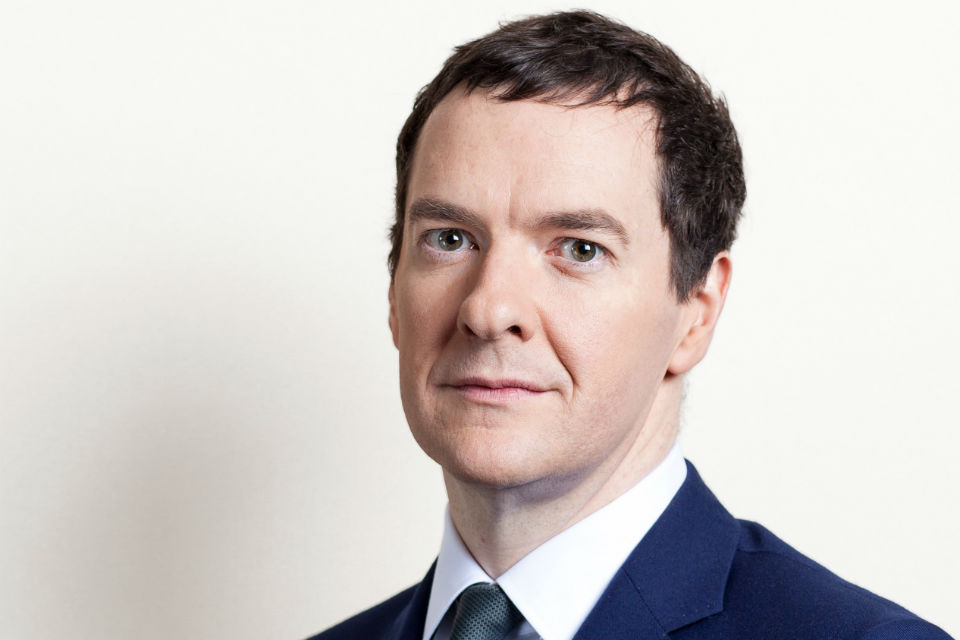Remarks by the Chancellor of the Exchequer, Rt Hon George Osborne MP, at the International Monetary Fund (IMF) Article IV concluding statement
Remarks by the Chancellor of the Exchequer.

I am delighted to welcome Christine Lagarde and her team to the Treasury for their annual IMF Article IV assessment of the UK.
Their scrutiny of our economy and the world economy is a vital part of the IMF’s role in supporting global stability.
Before I handover to Christine Lagarde to set out the IMF’s recommendations for the UK in detail, let me say a few words about the position at home and in the euro zone.
The IMF could not be clearer today: Britain needs to deal with its debts, and the Government’s fiscal policy is the appropriate one - and it is an essential part of our road to recovery.
It enables interest rates to stay low.
It means we can use the credibility we’ve earned for the Government’s balance sheet to support lending to businesses, new housing and more infrastructure.
I welcome the IMF’s continuing support for the UK’s deficit reduction plan - they agree that “reducing the high structural deficit remains essential”, and make clear in their statement that they consider the current pace of fiscal consolidation to be “appropriate”.
The OECD have also this morning backed our fiscal plan.
Some have argued that events in the eurozone demonstrate that Europe - including Britain - should borrow and spend its way out of the debt crisis.
But I very much agree with the point Christine Lagarde made a few weeks ago, that the debate about deficit reduction versus growth is a false one.
This morning we had the news that inflation is down and within 1% of the Bank of England’s target - falling from 3.5% to 3%.
It means that for the first time since I became Chancellor, I have not this morning received a letter from the Governor of the Bank of England explaining why inflation is off target.
Indeed, it’s the first time since 2009 this has happened.
This brings welcome relief to families on tight budgets - and the Bank of England expect inflation to continue to fall further over the next year or so.
Unemployment has also fallen this month.
But it remains too high and we need to do even more to help.
The IMF explicitly welcome the Government’s announcement last week that it will use the credibility of its balance sheet to go further to boost credit for business, housing and infrastructure.
The IMF identifies setbacks in the euro area as the key risk to the UK’s economic prospects and financial stability.
In the UK, we have a flexible exchange rate and independent monetary policy, which allows us to ease the process of fiscal adjustment with a lower exchange rate and supportive monetary policy.
The IMF has advice for the Bank of England on that today.
But in the eurozone, indebted countries have to deal with high budget deficits without that support.
It is clear that we are now reaching a critical point for the eurozone.
The eurozone countries need to stand behind its currency or face up to the prospect of Greek exit, with all the risks that could involve.
The British Government is doing contingency planning for all potential outcomes - it’s our responsibility to ensure the best while preparing for something worse.
The IMF must also prepare for the consequences if its members in Europe do not follow its advice.
Let me ask you all to welcome Christine Lagarde who will set out the IMF’s findings in detail.
And she will answer your questions afterwards.
Thank you.